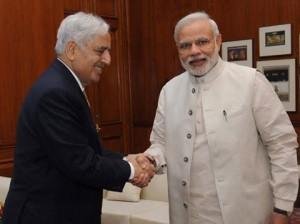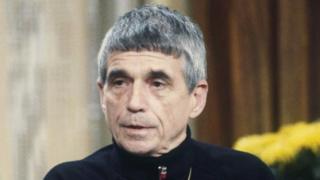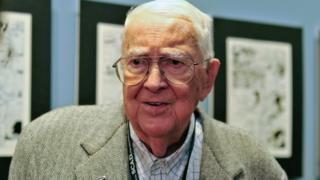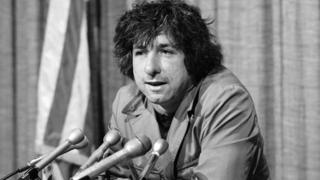Stalwart defender of Slick Willie...
Dale Bumpers, former U.S. senator and Arkansas governor, dead at 90
Sat January 2, 2016 - Dale Bumpers, a former U.S. senator and Arkansas governor who defended President Bill Clinton during his impeachment trial, died Friday; Bumpers, a Democrat, died at his home in Little Rock after suffering from Alzheimer's disease and a broken hip
Dale Bumpers, former U.S. senator and Arkansas governor, dead at 90
Sat January 2, 2016 - Dale Bumpers, a former U.S. senator and Arkansas governor who defended President Bill Clinton during his impeachment trial, died Friday; Bumpers, a Democrat, died at his home in Little Rock after suffering from Alzheimer's disease and a broken hip
Dale Bumpers, a former U.S. senator and Arkansas governor who defended President Bill Clinton during his impeachment trial, died Friday, his son, William, told CNN. He was 90. Bumpers, a Democrat, died at his home in Little Rock after suffering from Alzheimer's disease and a broken hip. An emotional William Bumpers told CNN Saturday that principle is what mattered most to his father. "He was a man of policy and honor and not politics," Bumpers said. "A lot of the stances he took were not politically expedient or popular back home, but they were the right positions to take."
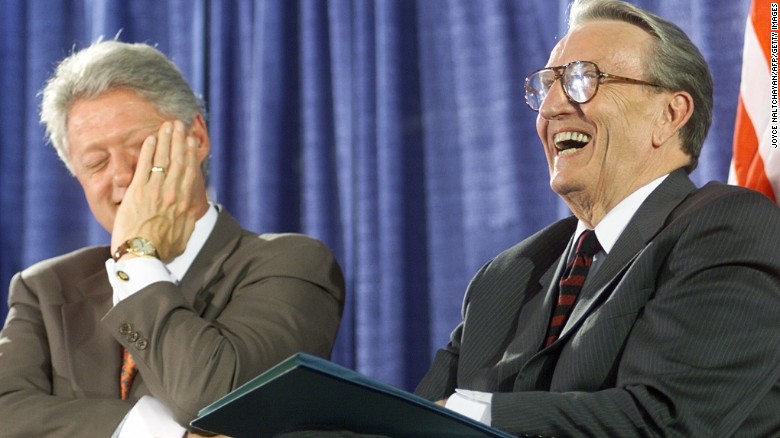
President Bill Clinton laughs with former U.S. Sen. Dale Bumpers, D-Arkansas, during the National Institutes of Health dedication ceremony of the Dale and Betty Bumpers Vaccine Research Center on June 9, 1999, in Bethesda, Maryland.
Bumpers served as the 38th governor of Arkansas from 1971 to 1975, and represented The Natural State in the U.S. Senate from 1975 to 1999. He is perhaps best known for defending Clinton during his impeachment trial in the Senate, when he called the controversy over the Lewinsky affair "a sex scandal" and not an impeachable offense. "The American people are now and for some time have been asking to be allowed a good night's sleep," Bumpers told the chamber. "They're asking for an end to this nightmare. It is a legitimate request."
Clinton was eventually acquitted on the two articles of impeachment he was facing. "For more than 40 years, Hillary and I cherished his friendship," Clinton said in a statement Saturday afternoon. "I am grateful that his advice made me a better governor and President, and that we laughed at each other's jokes even when we'd heard them before. And I'm grateful that he welcomed Hillary to Arkansas and supported her in Washington." "I loved him. I loved learning from him and laughing with him. I will miss him very much," he added.
A progressive voice in Arkansas


